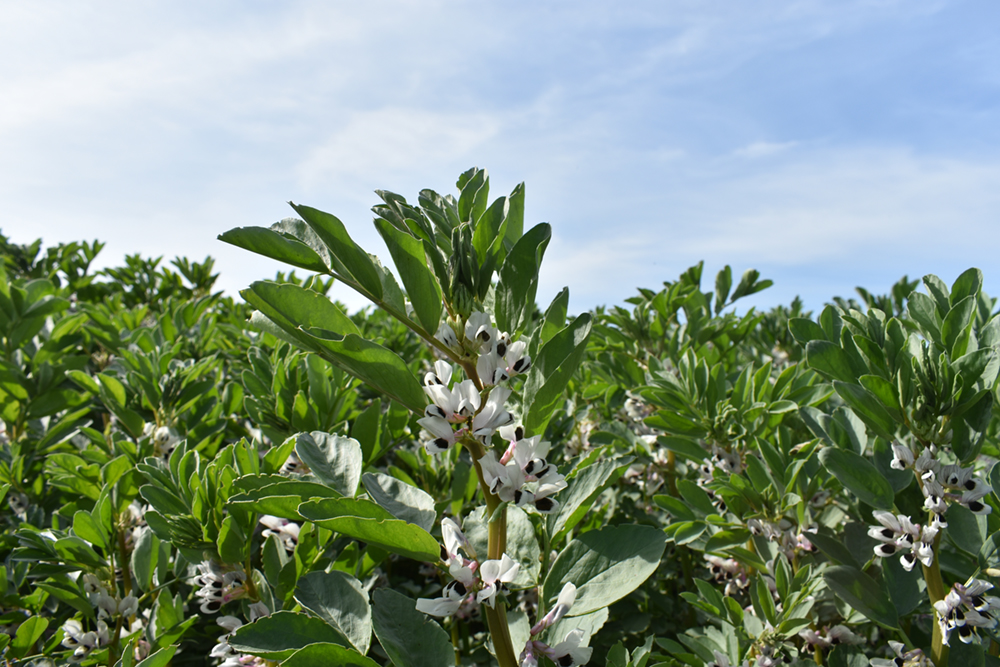

Many New Zealand vegans may be missing key amino acids, Massey University study finds
A comprehensive new study has revealed that many vegans in New Zealand are likely consuming enough total protein but may still fall short in essential amino acids crucial for maintaining muscle and overall metabolic health. The findings, published in PLOS ONE on 16 April 2025, raise important questions about protein adequacy in restrictive plant-based diets and the need to account for protein quality – not just quantity.
Researchers from Massey University, led by Bi Xue Patricia Soh and colleagues, conducted an in-depth dietary analysis of 193 long-term vegans in New Zealand. Participants recorded four-day food diaries, which were assessed for protein content and indispensable amino acid (IAA) intake. Unlike most dietary studies, this research adjusted for 'true ileal digestibility' (TID) – a measure of how much of the consumed protein and amino acids can actually be absorbed by the body.
While nearly 80% of men and 73% of women in the study met the Estimated Average Requirement (EAR) for protein after TID adjustments, the analysis uncovered a more nuanced picture: only about half of the participants achieved adequate levels of lysine and leucine, two essential amino acids that play key roles in muscle protein synthesis and other metabolic functions.
“Meeting daily protein needs doesn’t always mean all amino acid requirements are met – especially on plant-only diets,” explained lead author Soh.
Protein consists of amino acids, nine of which are considered indispensable because the body cannot produce them. Of these, lysine and leucine emerged as the most limiting in the vegan cohort, even among those with otherwise adequate protein intake.
Lysine intake barely met the daily requirement at an average of 31 mg per kilogram of body weight (the threshold is 30 mg/kg/day), and fell short in over half of the study participants when adjusted for digestibility. Leucine fared similarly, with only 43.5% of the cohort meeting their daily needs. These findings suggest that even a diet rich in plant-based protein sources may not automatically ensure amino acid adequacy unless it includes the right combination of foods.
“It’s not just how much protein you eat, but what kind of protein – and how well your body can absorb it,” said Soh.
The study found that legumes and pulses – such as beans, lentils, and soy products – were the primary contributors to both total protein and lysine intake. Grains and pasta, while contributing the most to energy intake, offered significantly less lysine per gram of protein.
This suggests that increasing the proportion of legumes and pulses in vegan diets could improve protein quality. However, doing so must be balanced against potential impacts on dietary fiber intake and overall satiety, which could limit total food consumption.
The researchers also examined how different food combinations might impact amino acid profiles. For example, cereals tend to be low in lysine but richer in sulfur-containing amino acids (SAAs), while legumes tend to offer more lysine but fewer SAAs. Strategically pairing these foods could help balance amino acid intake, although such meal-level planning remains complex.
The authors suggest that current dietary guidelines may need to be revisited for strictly vegan populations. While existing recommendations are typically based on omnivorous diets that include animal-sourced foods – generally high in digestible protein – vegan diets often rely on proteins with lower digestibility and amino acid concentrations.
Notably, the study also observed that participants with insufficient lysine and leucine were more likely to have higher body fat percentages and BMIs above the normal range, even when energy intake was lower. This points to potential links between protein quality and body composition, though further research is needed to confirm causality.
“Protein quality matters – not just for muscle health, but potentially for weight management and overall metabolic wellbeing,” the authors wrote.
The study briefly touched on the role of novel plant-based meat and dairy alternatives, which often use processed ingredients like soy and pea protein isolates. These foods did contribute to protein and lysine intake but vary significantly in their digestibility and nutrient density.
“While promising, many of these products still need formulation improvements to better align with amino acid requirements,” the study noted.
The researchers acknowledged several limitations, including a predominantly female cohort and potential underreporting of dietary intake. Additionally, while the study focused on dietary records, it did not evaluate actual plasma amino acid levels or long-term health outcomes.
Still, this is one of the largest and most rigorous assessments of protein adequacy among vegans in New Zealand and among the few globally that incorporates digestibility into amino acid analysis.
As interest in plant-based diets continues to grow, this study adds a critical dimension to understanding their nutritional adequacy. It suggests that simply tracking grams of protein may not be enough. Instead, a deeper focus on amino acid composition, digestibility, and food pairings is essential to ensure optimal health on a vegan diet.
For vegans in New Zealand and beyond, the message is clear: diversifying protein sources and paying attention to food combinations can make a significant difference.
“There’s a growing need for practical guidance on how to build vegan diets that not only meet ethical and environmental goals but are also nutritionally robust,” Soh concluded.
If you have any questions or would like to get in touch with us, please email info@futureofproteinproduction.com

.png)






